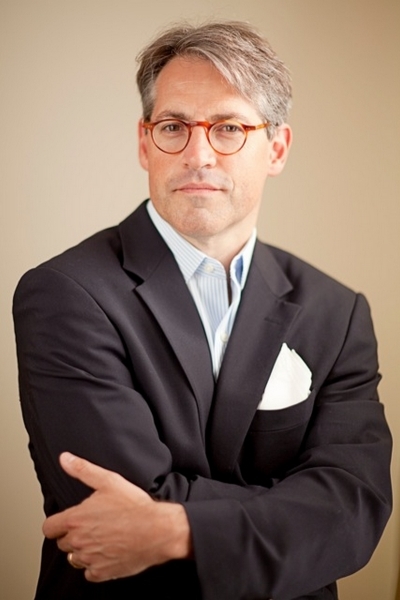Christians and Hong Kong's Umbrella Movement
Defying Tyranny

Why is China trying to rein in democracy in Hong Kong? Maybe Hong Kong being a hotbed of Christianity has something to do with it.
In early October, Joshua Wong, a 20-year-old student from Hong Kong, flew to Thailand to meet with fellow students in that country. No sooner had he gotten off the plane than he was detained by Thai officials, who were eager to curry Beijing's favor, and then deported back to Hong Kong.
It's not the first time something like this has happened to Wong. As the South China Morning Post put it, Wong "has a habit of visiting countries that deny him entry."
What makes Wong such a persona non grata? Simply put, he's a Christian who's willing to stand up for freedom — and that makes the Chinese communist government in Beijing very nervous.
To understand why, a short history lesson is in order. When Great Britain ceded Hong Kong back to China in 1997, the agreement stated that the principle dubbed "One Country, Two Systems" would govern relations between Hong Kong and mainland China for the next 50 years.
Under this principle, Hong Kong's domestic affairs would be governed by the systems it inherited from Britain. This included freedom of speech, freedom of religion, and, eventually, free elections.
This kind of autonomy made Hong Kong a free, prosperous, and democratic example for the rest of China to compare its lot to, and the Communist Party knew it. Thus, less than 20 years into the agreed-upon 50 years, China began to try and undermine Hong Kong's autonomy by attempting to "pre-screen" candidates in Hong Kong's upcoming elections.
In response, hundreds of thousands of students, in what came to be known as the "Umbrella Movement" because of the use of umbrellas against the tear gas canisters used by police, shut down large parts of the city for the better part of three months.
And that brings me back to Joshua Wong. As the Wall Street Journal reported, while the protests were about democracy there was "an undercurrent of another, much older tension: Between Christianity and Communist China."
As the Journal pointed out, "Christianity has been a visible element of the demonstrations, with prayer groups, crosses, and protesters reading Bibles in the street." Hong Kong's churches played a "quiet but important role in the city's protests, offering food and shelter to demonstrators." And, "At least three of the founders of the main protest groups were Christians," including the then-seventeen-year-old Joshua Wong.
Heightening the tension is Hong Kong's role in spreading Christianity to the rest of China. As the Journal told readers, "Hong Kong churches have long tried to spread Christianity in China. Protestant pastors based in Hong Kong have helped propagate the evangelical brands of Christianity that have alarmed the Chinese leadership in Beijing with their fast growth."
This alarm is why, as I recently explained on BreakPoint, China has been cracking down on Christians lately. The Chinese government sees subverting Hong Kong's autonomy as yet another way of suppressing Christianity.
Christianity is a rejection of, as former Cardinal Joseph Zen put it, "the whole culture which is now reigning in China, a culture of falsity, of dishonesty, a lack of spiritual values."
Wong, a student at a Christian University in Hong Kong, is the face of that rejection. He cites the command to be salt and light and says that Christians have "a more important role in the world other than being just a normal citizen in society who wants to earn money."
This kind of conviction in the face of tyranny is enough to make any tyrant nervous. And it's the kind of conviction we Christians in the West may be called on to display in the years ahead.
Originally posted at breakpoint.org.



























